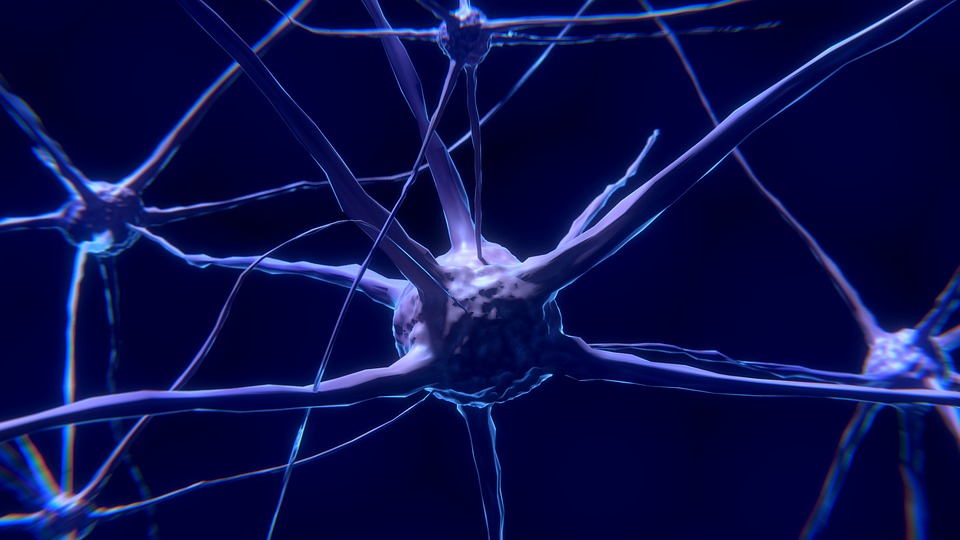The Future of Computing: Is the Biocomputer a Possibility in the Near Future?
There’s no denying that research on how the brain works is still far too limited a scope, especially considering the leaps and bounds technology has made throughout recent years. Johns Hopkins University researchers claim that it’s possible for a so-called biocomputer—a computer powered by human brain cells—could potentially be developed within our lifetime.
The reason why these researchers can be serious about making such a claim is due to the advancements of technology and how it could exponentially expand. Thomas Hartung, who works as a professor of environmental health sciences at the Johns Hopkins Bloomberg School of Public Health and Whiting School of Engineering claims that the developments of artificial intelligence (AI) and modern computing are constantly breaking ground, and it’s getting to the point where it’s reaching a technological ceiling.
Once the ceiling is reached, it will get to the point where biocomputing can take things to the next level. It’s a means of compacting what we see as computational power to help humanity push past the limits of modern tech into the realm of science fiction.
A new direction for research on human brains
There are undoubtedly limits on human and animal testing which can make it challenging for researchers to take things to the next level. As such, scientists use lab-grown organoids, which are samples of tissue made to resemble grown organs. These organs help scientists experiment on various types of tissue without resorting to methods deemed unethical.
The interesting thing is that the tech behind the lab-grown organoids are also making advancements, and scientists are now working with organoids made to resemble the brain. These brain organoids are tiny, but they have neurons that can sustain potential functions such as remembering.
It opens up a situation where scientists can now advance the tech of biocomputing, allowing them to research parts of a human brain without resorting to human testing.
The potential of brain organoids
As of the moment, the brain organoids are about the size of a fruit-fly’s nervous system, with each organoid comprising about 50,000 cells. Thomas Hartung imagines that in the near future, there could be computers utilizing these brain organoids. A computer built with these organoids could be the future of computing, as modern computers are still nothing compared to the power of a human brain.
Mixing artificial intelligence
While it might take a very long time for brain organoids to be developed in the direction of biocomputing, an exponential increase in technology only possible through AI can open the doors to biocomputers. Conventional tech might take a long time to power a system as smart as a rodent, but if more research goes into brain organoids and AI can help these organoids learn, it is more than possible to develop a computer powered by the human brain.
It is also crucial to note that research into brain organoids will also revolutionize the field of neurodegeneration and various neurodevelopmental disorders. Anything that helps with research concerning the human brain is crucial if we intend to grow as a species.


